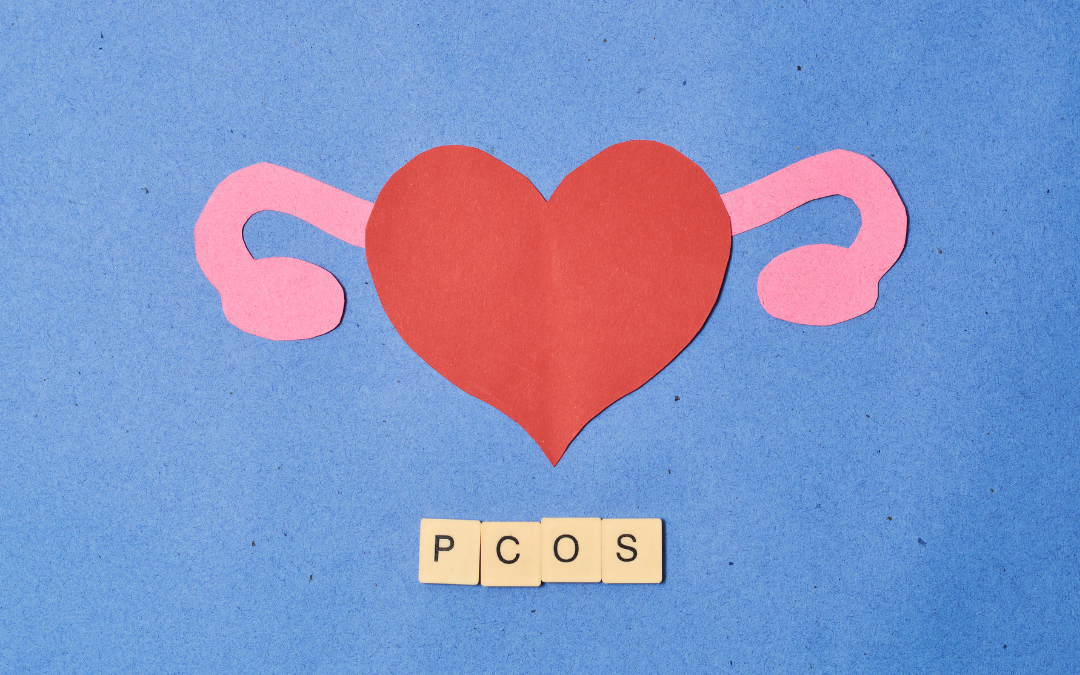One of the big topics in my friend group lately is perimenopause!
Though we are all around our mid-30s, we are noticing shifts in our cycles, our energy levels, how our bodies feel, and more.
Thankfully, having the community support to know that we aren’t alone has been helpful. But there have still been frustrations around the lack of acknowledgement in the medical system that you can see early signs of perimenopause in your mid-30s.
What is Perimenopause?
About a month ago, I attended a panel discussion about perimenopause. I love how one of the panel experts described it:
Your eggs are depleting, so the signals between your eggs, your hormones, and your brain start to glitch out.
This is why you have some of the symptoms you have (more below). You’re basically returning to how you were pre-puberty.
Think about it, those teen years right after your period started, were some of the worst, right? That’s what your body is now going through, though you have more knowledge (and experience) on your body than you did as a teen.
Defining Perimenopause
The true definition of perimenopause is that it’s the transitional phase before post-menopause.
And this is where it starts getting confusing.
Perimenopause is the entire time your hormones start to change and your symptoms rear their head.
Menopause is often described as the time after your period officially ends. You hear it all the time, “I’m in menopause!” But what it really is, is the one, singular day that your period has been done for a year.
Then you move into post-menopause, where you don’t have a period and your hormones aren’t shifting like they were in perimenopause.
Signs of perimenopause can start in your mid-30s and last for years, even without bloodwork that shows shifts in your hormone levels.
Key Hormonal Changes During Perimenopause
While you may notice the physical changes of perimenopause, especially with your symptoms, these changes are also happening below the surface with your hormones.
Your ovarian hormone production (like your estrogen and progesterone) begin to fluctuate.
Here are the key hormonal changes happening during perimenopause:
Estrogen decreases. This fluctuation leads to hot flashes and mood swings.
Progesterone declines. This triggers irregular periods and sleep issues.
Testosterone gradually decreases. This affects your energy levels and your libido.
These fluctuations affect the brain, your metabolism, your cardiovascular system, bones, and skin, and more.
Common Symptoms of Perimenopause
Your stress, diet, sleep, and lifestyle can either help or hurt your perimenopause symptoms.
There are a lot of common symptoms people think of with perimenopause (like hot flashes), but how people experience perimenopause will be unique to them.
Here are some common symptoms:
- Hot flashes and night sweats
- Irregular periods
- Mood swings and irritability
- Anxiety
- Sleep disturbances
- Weight gain, especially in the midsection
- Brain fog and memory changes
- Reduced libido
- Hair thinning and skin changes
Though this is not an exhaustive list of symptoms, they are the big symptoms that a lot of people do experience during perimenopause.
However, if you’re experiencing other things that you believe may be connected or changes in your body that don’t seem normal, it’s important to document them and have conversations with your doctor as well.
Perimenopause doesn’t need to feel like a prison sentence or like you’re alone in your symptoms. Perimenopause doesn’t need to feel taboo and scary.
Instead, it’s important to track your symptoms, understand your body’s natural shifts, and continue to talk about symptoms – normalizing the transition – with other women in your community.
If you are experiencing perimenopausal symptoms and want to discuss an action plan to ease your symptoms and make your hormonal transition easier on your body, let’s set up a free Hormone Analysis Call!





